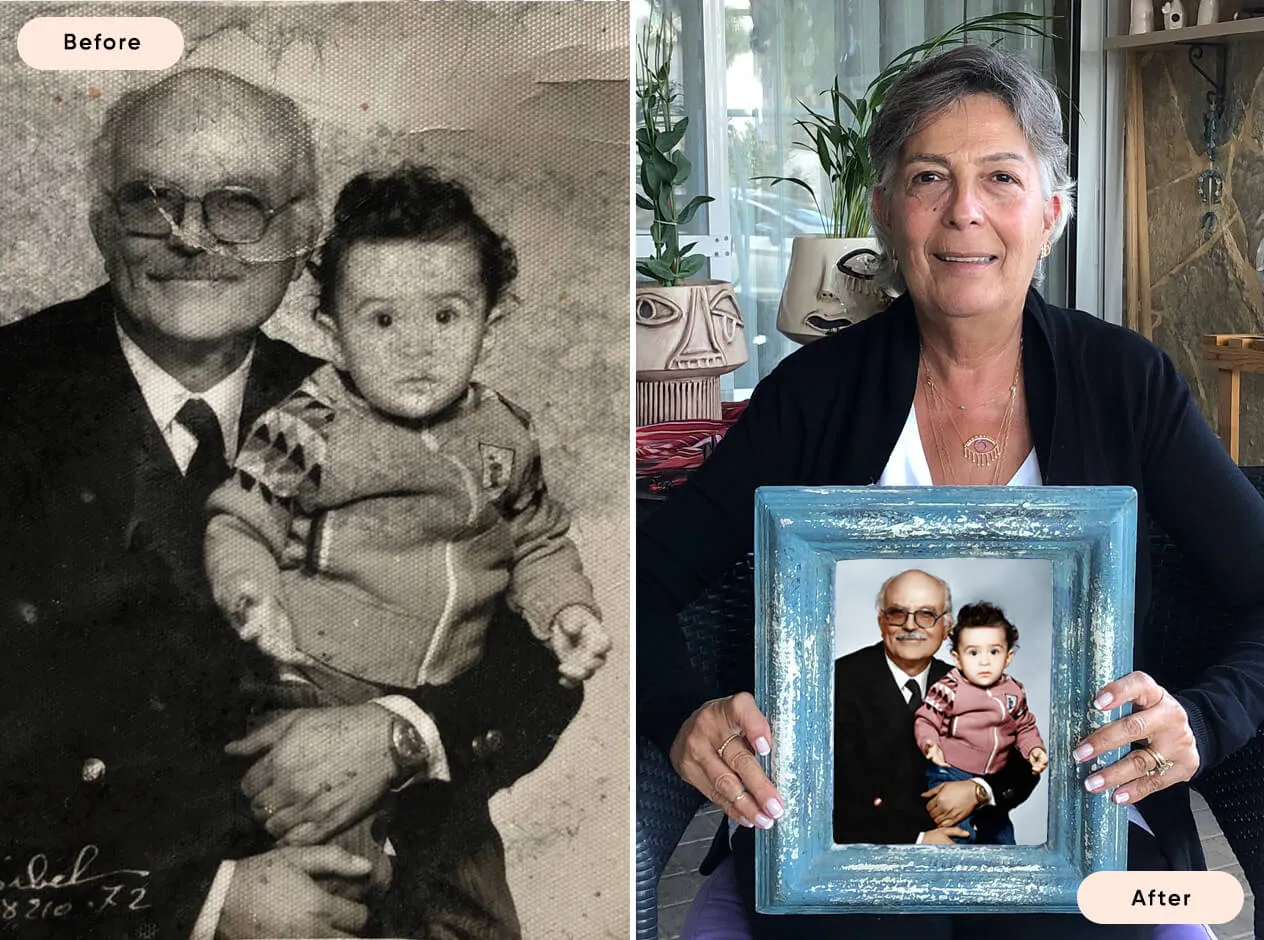Photography and Copyright Infringement
Photography is an art form that requires not only skill and creativity but also a keen understanding of the legal protections afforded to one’s work. Unfortunately, copyright infringement is a common issue that photographers face in today's digital age, where images can be easily shared, copied, and manipulated without permission. This article will discuss how to protect your work and what steps you can take if you find yourself a victim of copyright infringement.
Sending a DMCA Takedown Notice
One of the first steps a photographer can take when they discover that their work has been used without permission is to send a Digital Millennium Copyright Act (DMCA) takedown notice. This legal provision allows creators to formally request that infringing content be removed from websites, social media platforms, or any online entity violating copyright laws.
To file a DMCA takedown notice, you must provide specific information, including a description of the copyrighted work, the location of the infringing material, your contact information, and a declaration that the information provided is accurate. It is essential to act quickly, as many platforms have stipulated time frames within which they must respond to these requests. Once the notice is sent, the host service must investigate the claim and take appropriate action, usually resulting in the removal of the infringing content. Understanding the DMCA process can be crucial in deterring future violations and protecting your artwork.
Suing the Infringer
If the DMCA takedown notice does not lead to a satisfactory resolution, photographers may consider legal action against the infringer. Suing for copyright infringement can be a complex and lengthy process, but it may be necessary to protect one’s rights and seek compensation for damages incurred.
Before pursuing legal action, it is crucial to gather documentation that proves ownership of the copyright, such as original files, dates of creation, and any distribution records. This evidence will be vital in demonstrating that you are the rightful owner. Additionally, you must determine the extent of the infringement and how it has impacted your work, including lost income or damage to your reputation.
Filing a lawsuit typically involves a legal complaint, and it is advisable to consult with an attorney who specializes in intellectual property law. They can help navigate the complicated legal landscape, assess the merits of your case, and determine the best course of action. While the prospect of suing an infringer can be daunting, it can also serve as a deterrent to others who may consider violating copyright laws in the future.
In conclusion, copyright infringement is a pressing issue for photographers that can undermine the value of their creations. By understanding the steps involved in sending a DMCA takedown notice and pursuing legal action if necessary, photographers can better protect their work and assert their rights in the digital landscape. Always remember that preventative measures, such as watermarking your images and educating yourself about copyright laws, can go a long way in safeguarding your art. If you would like to know more about copyright laws and protections as a photographer, consult resources like the Copyright Alliance for detailed information and guidance.

Or Get YourMoney Back
back your money in the rare case you are not satisfied with the quality of your
damage-free pictures. Only $38 for most image restorations regardless of damage

All rights reserved.